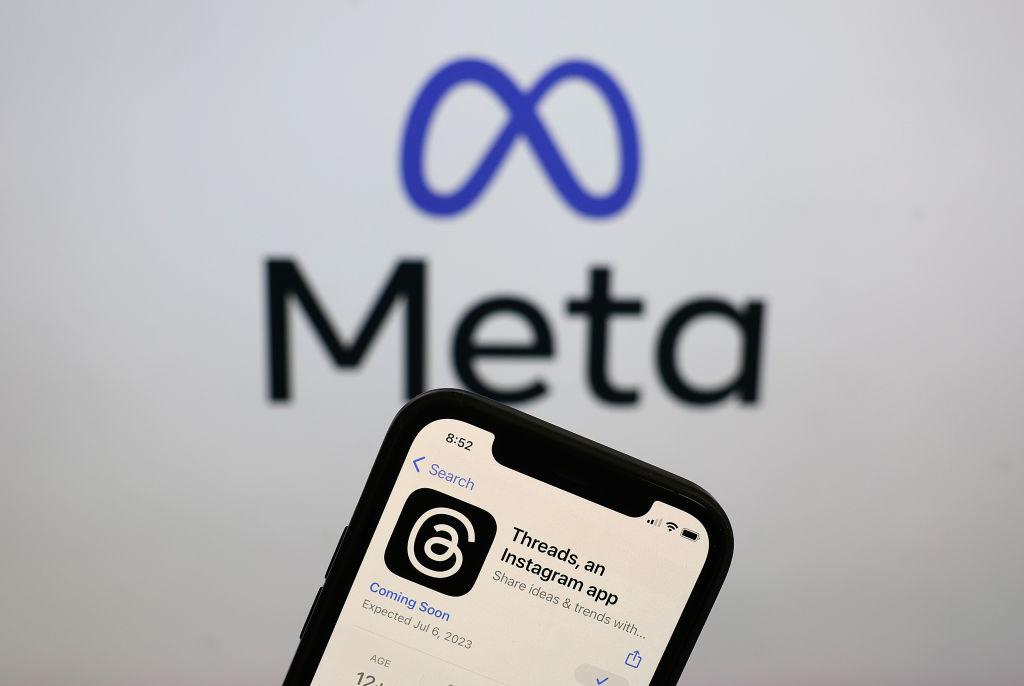Meta will begin rolling out a fact-checking program for its Threads app, a rival to the X platform, ahead of the U.S. presidential election in 2024 as part of efforts to crack down on “false content.”
The Mark Zuckerberg-led company announced the plan in a blog post published on Dec. 12.




